We are in the 10th year of a system-wide effort to proactively reform the norms and reward system in science and elevate rigor, transparency, sharing, and reproducibility. Change is hard, particularly in a decentralized system like science. And, scaling sustainable change is even harder, especially with the persistence of dysfunctional incentives that reward exciting over accurate, novel over rigorous, and tidy over transparent.
But the reform movement has made remarkable progress, primarily because of grassroots actors changing norms despite the dysfunctional reward systems, and because of actions by progressive leaders at journals, funders, societies, and institutions that are changing incentives and policies directly.


Brian Nosek
Executive Director
Center for Open Science


Alison Mudditt
Board Chair
Center for Open Science
COS’s Theory of Change recognizes that academic research is a social system, and that starting and scaling behavior change requires a systems-based intervention strategy. That means that every organization and participant in the research culture is an agent of stasis or change. And, to succeed in aligning scholarly practices with scholarly values, we must solve the coordination problem and ultimately activate everyone. But, no realistic strategy for behavior change can expect to activate everyone all at once.
COS’s strategy is to catalyze innovators and early adopters as the beachhead for change in a scholarly community by providing tools to make it possible to do the new behaviors. Then, making early adopters’ behavior visible and aspirational initiates changing community norms about how science should be done. That, combined with training and ensuring that the behaviors are fit for purpose, brings the behaviors into the mainstream. To scale and sustain those emerging norms, publishers, funders, and institutions align their incentives and policies so that researchers are rewarded and ultimately required to do the behaviors.

The Transparency and Openenss Promotion (TOP) Guidelines provide and promote a policy framework for aligning values, incentives, and policies for journals, funders, and institutions.
Journals and funders to realign incentives with Rigor and Transparency Initiatives using Registered Reports, a publishing format where peer review happens prior to data collection.
Grassroots organizing activates champions to adopt new practices and engage their community. Targeted communications such as badges make their new behaviors visible to others.
OSF is constantly evolving with user-centered product development to integrate into researchers' daily workflows. Training and customization ensures that the tools are fit-for-purpose for all kinds of research.
The open-source Open Science Framework (OSF) makes it possible for researchers to improve rigor, transparency, and sharing of all their work across the research lifecycle.


210 Ridge McIntire Road
Suite 500
Charlottesville, VA 22903-5083
Email: contact@cos.io

Unless otherwise noted, this site is licensed under a Creative Commons Attribution 4.0 International (CC BY 4.0) License.
Responsible stewards of your support
COS has earned top recognition from Charity Navigator and Candid (formerly GuideStar) for our financial transparency and accountability to our mission. COS and the OSF were also awarded SOC2 accreditation in 2023 after an independent assessment of our security and procedures by the American Institute of CPAs (AICPA).
We invite all of our sponsors, partners, and members of the community to learn more about how our organization operates, our impact, our financial performance, and our nonprofit status.